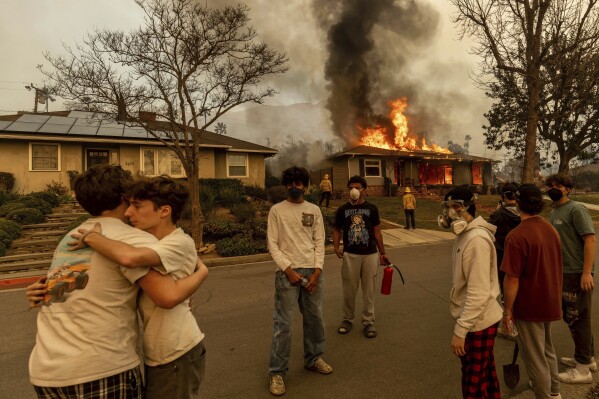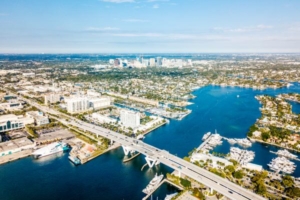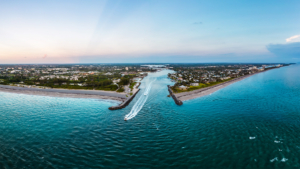Wildfire Recovery: Steps to Rebuild After Losing Your Home or Business
Wildfires can devastate communities, leaving homeowners and business owners facing immense challenges. Knowing how to navigate recovery is crucial. This guide outlines essential steps to rebuild your life and property after wildfire damage, from filing insurance claims to accessing disaster assistance.
Immediate Steps After Wildfire Damage
1. Ensure Safety and Contact Your Insurance Provider
Your safety is the top priority. Once you’ve relocated to a secure area, reach out to your insurance provider to begin the claims process. Key actions include:
- Providing a detailed description of damages.
- Coordinating with an insurance adjuster for property assessment.
Document all communications with your insurer as claims can take months or longer to resolve.
2. Access Immediate Financial Relief
If your area is declared an emergency zone, insurance companies are often required to provide quick benefits, such as:
- Advance payments for personal belongings
.
- Temporary housing allowances, typically covering four months’ rent.
Request cash advances for essentials like furniture or kitchen supplies to maintain a sense of normalcy.
Streamlining the Insurance Process
3. Keep a Detailed Recovery Journal
Maintain a record of all interactions with your insurer. Include:
- Representative names and contact details.
- Dates and summaries of discussions.
- Receipts and photographs of expenses.
This paper trail is invaluable if disputes arise.
4. Document Property Damage
Photograph and catalog damaged property before cleanup begins. An inventory of destroyed items will strengthen your claim and help prevent issues during settlement negotiations.
5. Review Settlement Offers Thoroughly
Before accepting an insurance settlement, consult a contractor to confirm rebuilding costs. Avoid agreeing to final settlements prematurely, as rebuilding expenses often exceed initial estimates.
Leveraging Assistance Programs
6. Tap Into Local and Federal Resources
Emergency response centers can assist with:
- Replacing vital documents.
- Property tax reassessments.
- Mental health support.
If the wildfire qualifies as a federal disaster, register with FEMA for additional aid, including grants and temporary housing.
7. Avoid Fraud and Scams
Be wary of unsolicited contractors and public adjusters. Verify credentials, research reputations, and never sign agreements under pressure.
Tailored Advice for Homeowners, Renters, and Business Owners
8. Guidance for Homeowners
Standard homeowners’ insurance usually covers rebuilding costs, but upgrades or code-compliant additions may require separate endorsements. Review your policy for details on wildfire coverage.
9. Support for Renters
Renters’ insurance typically covers personal belongings and temporary housing but excludes structural repairs. Confirm whether your policy includes wildfire-related damages.
10. Business Owners: Protecting Your Operations
Business insurance may cover:
- Property damage.
- Lost revenue through business interruption coverage.
- Relocation expenses.
Gather financial documents like inventory lists and tax returns to expedite claims and safeguard your livelihood.
Common Questions About Wildfire Recovery
What Should I Do If My Insurance Claim Is Denied?
Request a written explanation from your insurer. If disputes persist, seek legal counsel or file a complaint with your state’s Department of Insurance.
Can I Rebuild Without Insurance?
Explore support from FEMA, nonprofits, and community grants. Crowdfunding platforms can also provide financial assistance.
How Long Does It Take to Resolve a Claim?
Claim timelines vary. While some cases settle within months, others can take years. Consistent follow-ups and thorough documentation help accelerate the process.
Are Tax Deductions Available for Wildfire Victims?
Yes, federal tax laws allow deductions for uninsured losses. Consult a tax professional to maximize eligible benefits.
What If I’m Unsure About My Insurance Coverage?
Contact your insurance agent for clarification. Request written explanations for ambiguous terms or exclusions.
Recovering from a wildfire is a challenging journey, but with the right tools and support, you can rebuild successfully. By staying organized, leveraging resources, and documenting every step, you’ll be equipped to overcome obstacles and restore your home or business.













